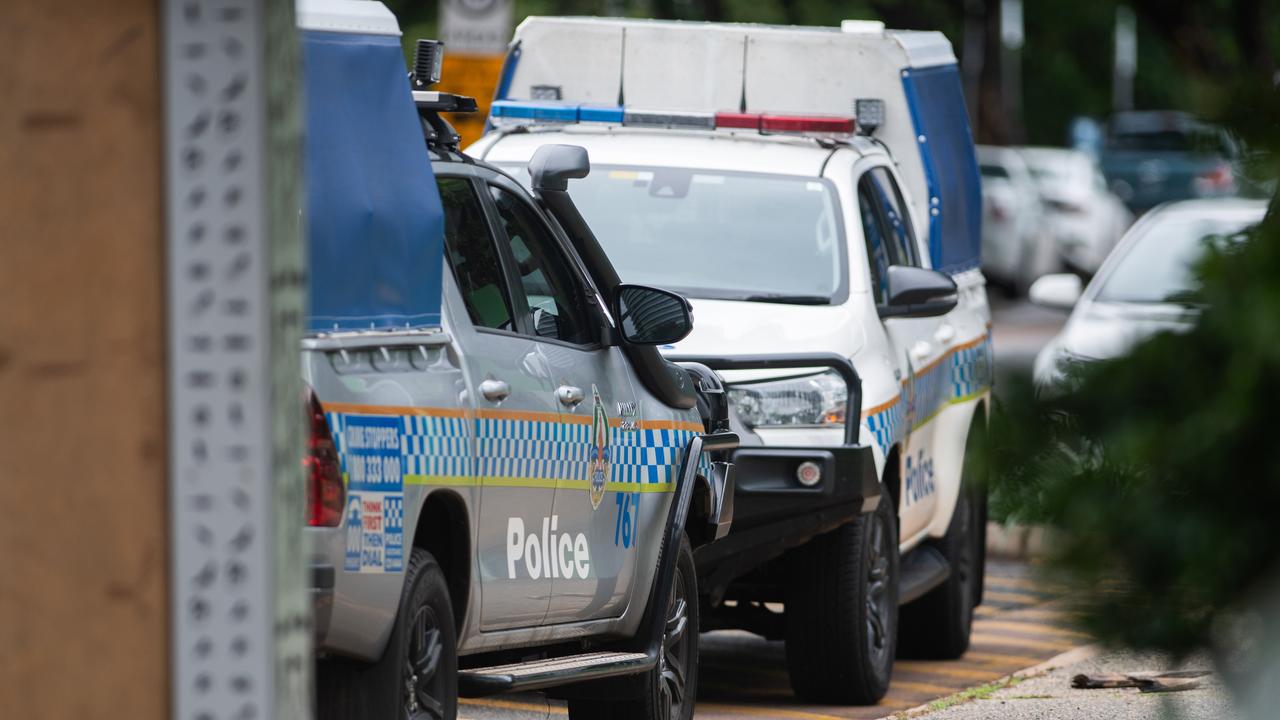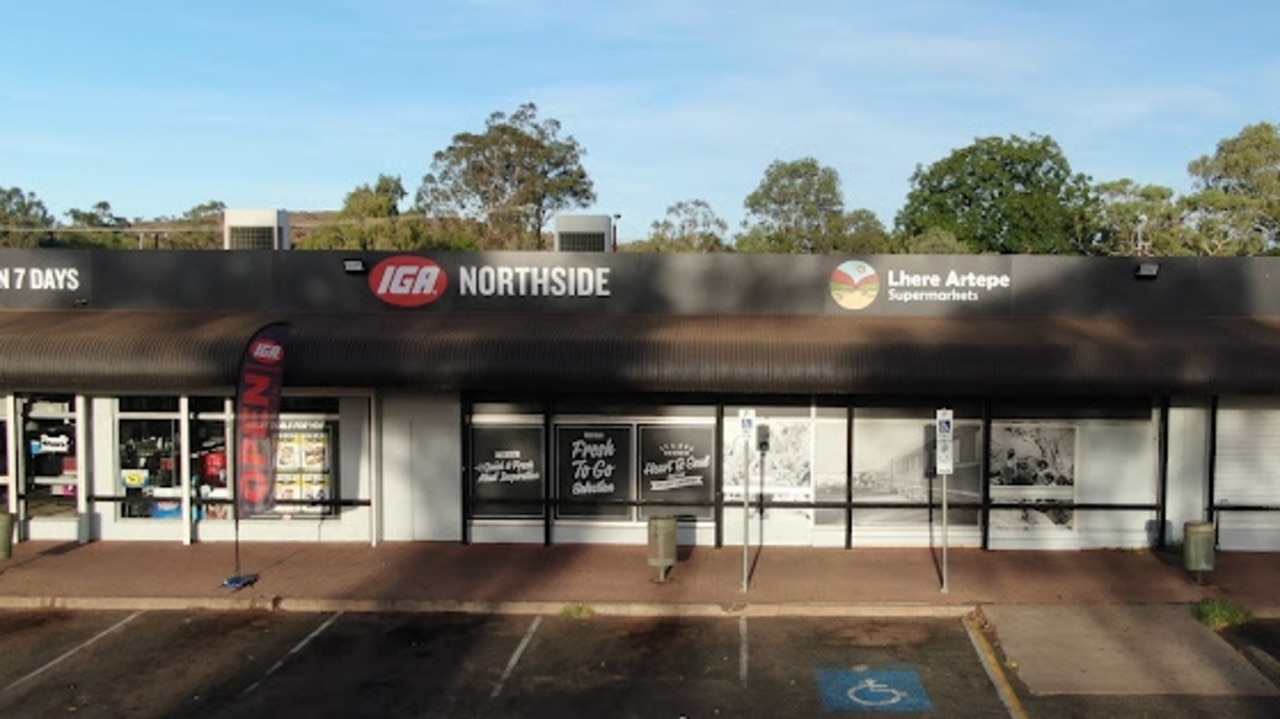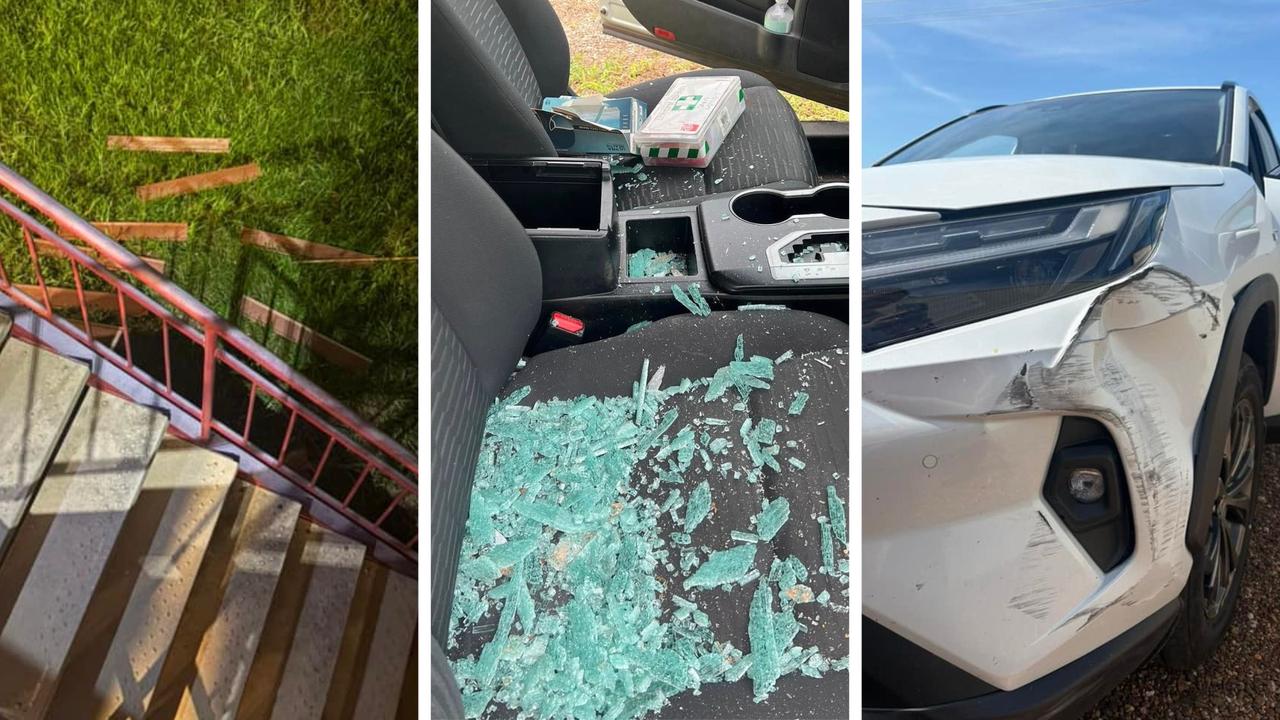Matt Cunningham analysis of major infrastructure impacts on NT economy
Significant developments could mean the Territory’s economic prospects will finally show some improvement in 2025, writes Matt Cunningham.
News
Don't miss out on the headlines from News. Followed categories will be added to My News.
It’s been a rough couple of years for the Territory.
In fact, the past decade has been a bit of a battle.
An economy stuck in neutral, spiralling public debt, rising crime and social dysfunction and a series of underwhelming governments have combined to leave the Territory on struggle street. There’s perhaps no better indicator of our plight than Darwin house prices.
At its peak in May 2014, Darwin’s median house price was a tick over $645,000.
More than 10 years on – and even with the benefit of an artificial spike driven by a temporarily shifting population and record low interests rates during Covid - that median house price has gone backwards by about 10 per cent.
Today it sits at just over $580,000.
For those who bought at or around the peak, it means they’ve spent a decade with little, no, or even negative equity in their most significant asset.
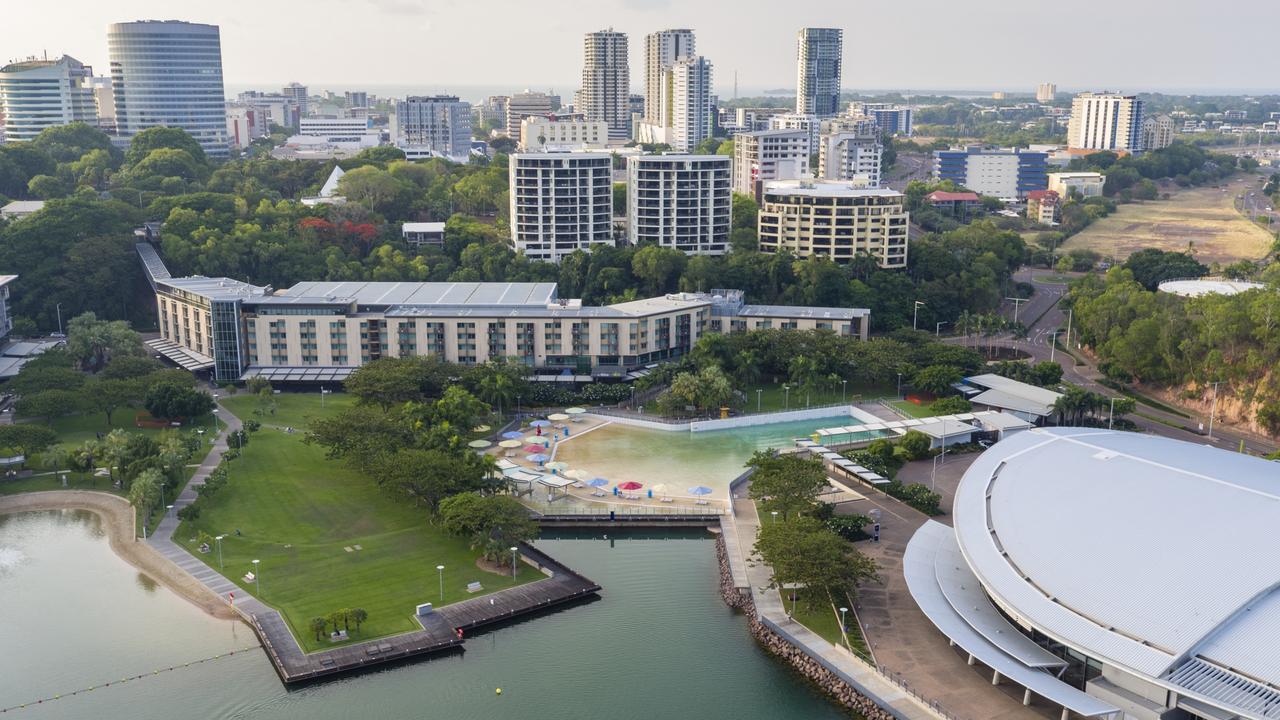
That factor alone can have a devastating impact on the local economy, drying up discretionary spending and in the process making it more difficult for businesses to turn a decent profit.
Our net interstate migration, which has reached record lows in the past two years, would perhaps be worse if not for the fact so many people would be forced to sell their home at a loss if they wanted to up stumps and leave.
But as we head into 2025, could there finally be cause for some optimism?
Could this be the year we finally turn the corner?
Real estate agents are not a traditionally reliable source of information when assessing the future prospects of a housing market, but many are quietly talking about a recent uptick that has the potential to continue.
It’s being driven by many things, among them the fact that our housing market has fallen so far it now represents outstanding value to studious investors.
You can buy an established home in Darwin for a price significantly less than what it costs to build a new one, and that’s before you add the cost of the land.
But there are also signs the economy is turning.
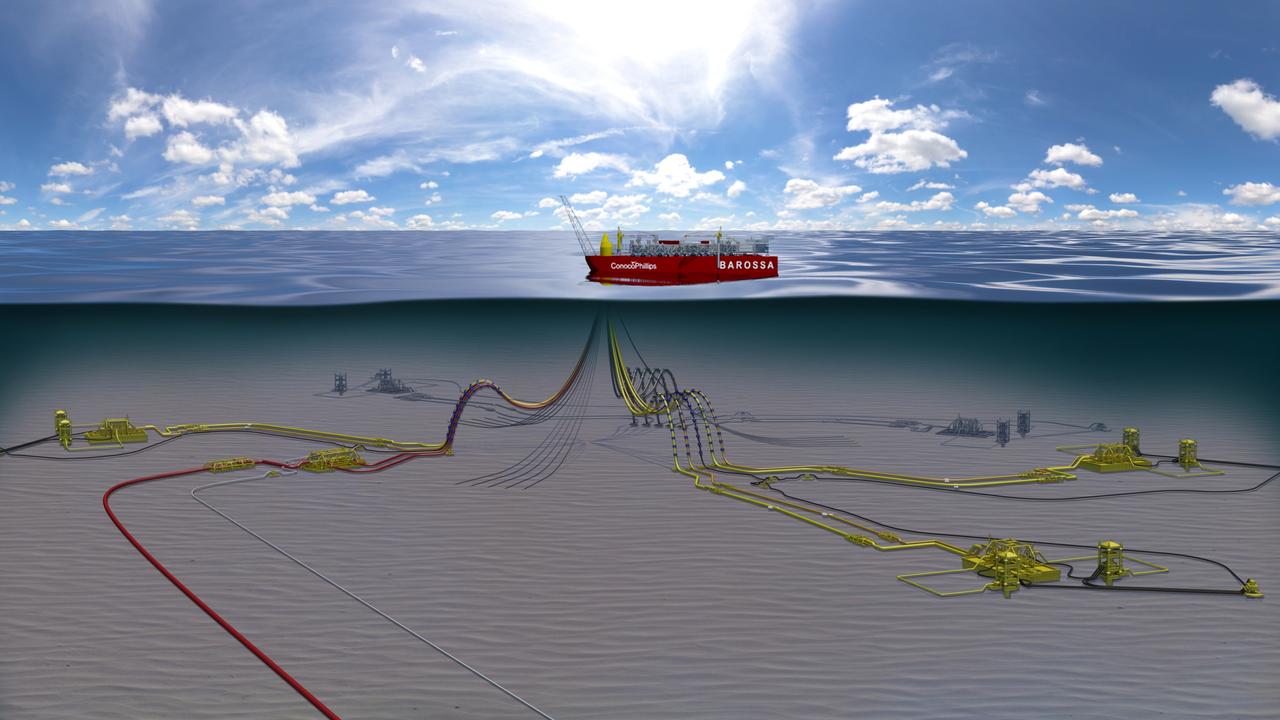
Next year will see Santos process the first gas from its Barossa field at the Darwin LNG plant.
After fighting off a series of legal challenges, Barossa will be full steam ahead in 2025, delivering 350 permanent jobs in the Top End for the next 20 years, with an estimated $2.5 billion worth of wages and contracts expected to flow for Territorians.
Empire Energy and Tamboran Resources are expecting to produce their first gas from the Beetaloo Basin by the end of 2025.
This will help keep out lights on in the short-term and has the potential to create thousands of jobs and provide much-needed royalties for the NT Government.
Interestingly, Santos has had a recent change of heart on its position in relation to the Beetaloo.
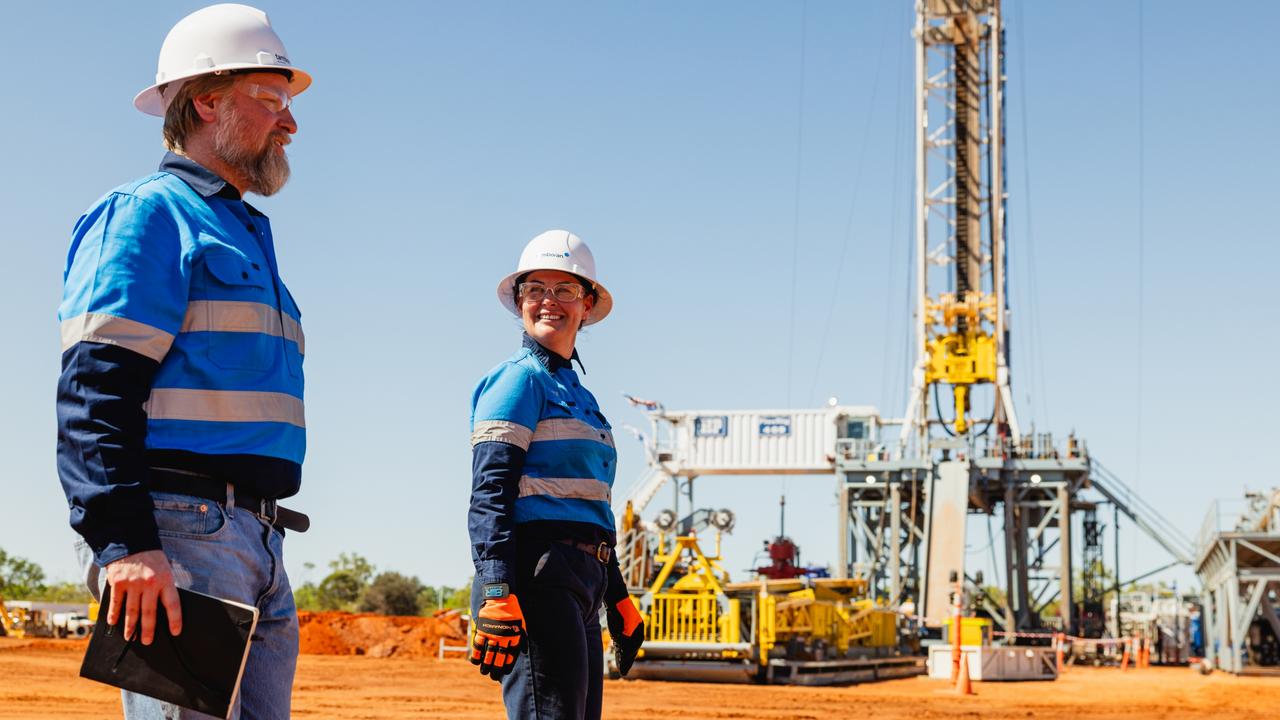
Speaking at an Energy Club lunch in Darwin in February, Santos CEO Kevin Gallagher said the uncertain regulatory framework in Australia and the company’s bruising legal battles when trying to develop Barossa meant it was unlikely to pursue development in the Beetaloo any time soon.
“Until we tighten up the (regulations) until approval means approval, it’s very difficult to see (investment),” he said.
“Would I be throwing a lot of capital into the Beetaloo right now? Not on your Nellie because I don’t know when I’m ever going to get a return on it.”
But a changing political landscape and a growing acceptance that there is no renewable energy future without gas playing a significant role has Santos singing from a different song sheet. “We’re looking to actually do some further appraisal in 2026 and we’re really excited about just how supportive the new Northern Territory government is to actually exploiting these opportunities,” Santos executive vice president Brett Darley said following the company’s Darwin board meeting earlier this month.
“This is a fantastic resource for us.”
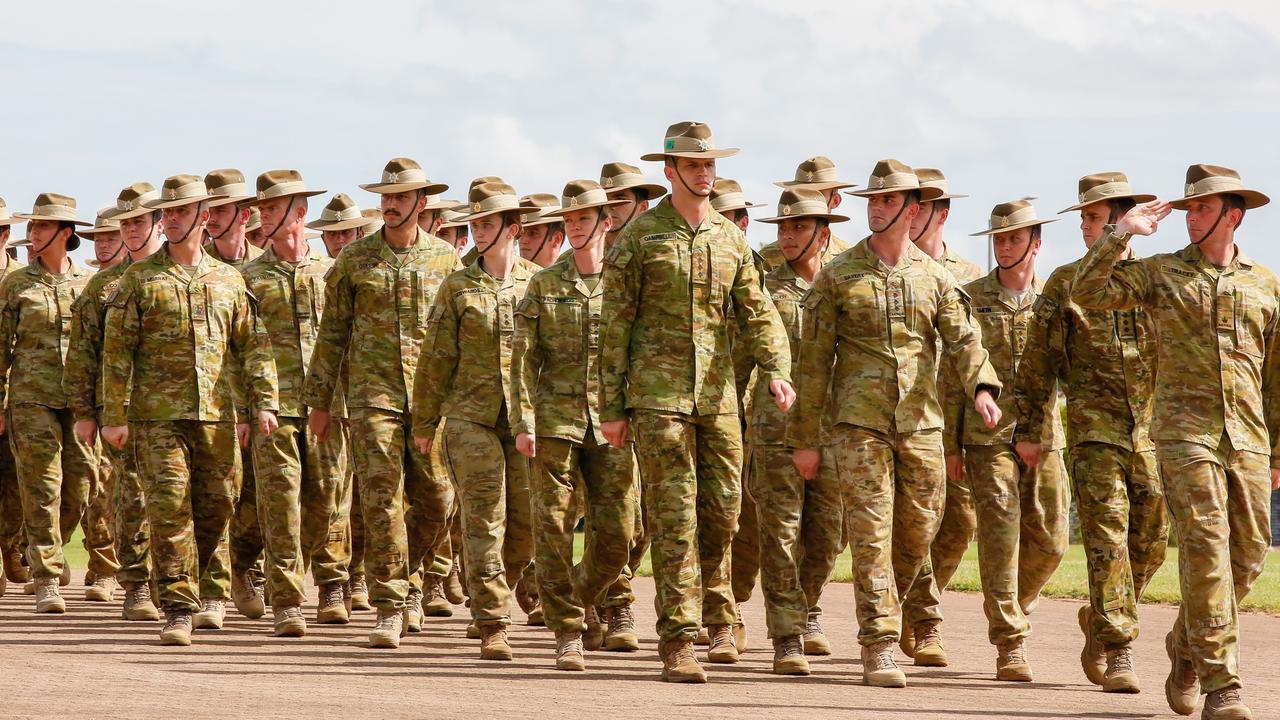
Darwin will also benefit from a shift in Defence resources.
The Australian Army’s 7RAR has just returned to Darwin to rejoin 5RAR after a decade in Adelaide.
Significant upgrades continue at Robertson Barracks and Tindal Air Base, and next year Japanese troops will join US Marines for training exercises in the Top End.
All of this could mean the Territory’s economic prospects will finally show some improvement in 2025.
This might be an overly optimistic view.
But if your glass isn’t half full at the start of the year, when will it be?
Here’s to better days ahead.
More Coverage
Originally published as Matt Cunningham analysis of major infrastructure impacts on NT economy




